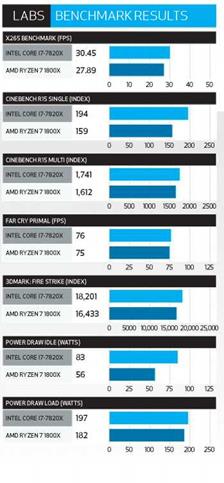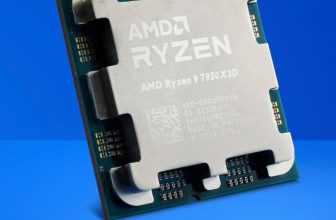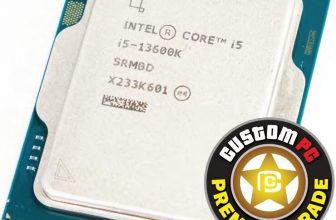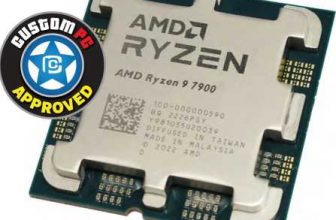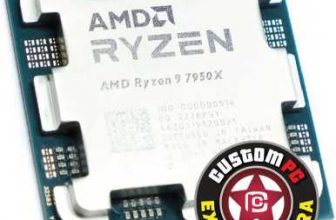Intel Core i7 7820X Review: Why some CPU cores are more equal than others.
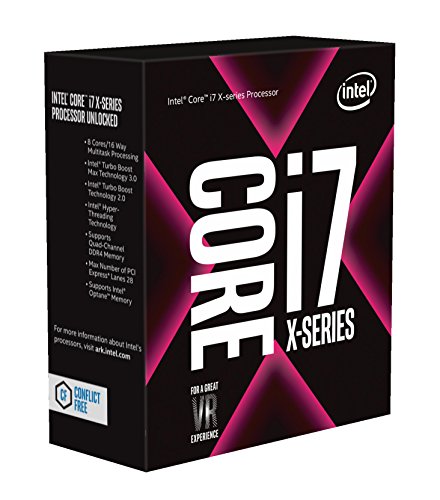
INTEL CPU
Eighteen months ago, eight cores was as good as it got for desktop CPUs.
Not now. In this brave new post-AMD Ryzen world, it’s half as many cores as AMD now sells you in a single CPU. It’s not even half as many as Intel is planning by the end of 2017.
The new Core i7-7820 is Intel’s latest eight-core chip, and it arrives with a street price of around . That’s not only close to double the cost of that Ryzen processor, it’s also more than the next CPU down in Intel’s new Skylake-X range, the six-core Core i7-7800X. Of course, not all CPU cores are equal. Hold that thought while we look at the 7820X’s vital statistics.
Beyond the eight cores and Hyper-Threading- enabled 16 threads, the headline numbers look good. There’s a 3.6GHz base clock, 4.3GHz Turbo clock, and 4.5GHz TurboMax speed.
In other words, the 7820X packs a healthy combo of core-based parallelism plus excellent single-core clock speeds. You also get 28 PCI Express lanes. OK, that’s way fewer than the 64 you get with an AMD Threadripper chip, and it’s a lot fewer than the 44 lanes Intel hooks up to the next CPU up in its own Skylake-X lineup, the 7900X. But it’s probably enough for all but the most demanding of system configurations.
Of course, the other major feature that comes with the 7820X is Intel’s peerless CPU core architecture. AMD’s Ryzen cores are very good, but they’re not quite this good. Which is why the 7820X blows every eight- core Ryzen CPU we’ve tested out of the water. OK, it’s only a little ahead of AMD’s fastest eight-core model, the Ryzen 7 1800X, in Cinebench’s multithreading mode, and the 7820X only has a small advantage for video encoding, too. But it batters the AMD chip by 194 points to 159 in Cinebench’s single-threaded mode. That’s over 20% more performance.
In certain multithreaded workloads, it’s a lot quicker, too. Fry Render gives the 7820X a 31% advantage for rendering. As for gaming, well, the raw numbers would have you thinking there’s not much in it. In practice, AMD’s modular Zen architecture can be stuttery in some game titles. It’s not a widespread issue, but Intel remains the obvious choice for consistently smooth performance in the widest number of games.
All of that applies to the 7820X running at standard clock speeds. Thanks to an unlocked CPU multiplier, you have easy access to cranking up the frequencies, too, if that’s your bag. In the end, then, Intel’s marketing boys aren’t completely crazy. Yes, the 7820X looks expensive in terms of pure core count, when you can grab an AMD eight-core CPU for half the money, but there’s more to CPU performance than mere core count. Intel’s cores remain the best you can buy on a per-core basis, and that, combined with healthy clock speeds, means the Core i7-7820X is quicker than any current eight-core AMD processor.
That goes some way to justifying the price. Whether it gets you over the line and makes the 7820X a completely compelling proposition will come down to your usage scenario. If all you care about, for instance, is video encoding, this chip probably isn’t for you. But as an all-round workhorse, it’s a seriously nice CPU.
Jeremy Laird
